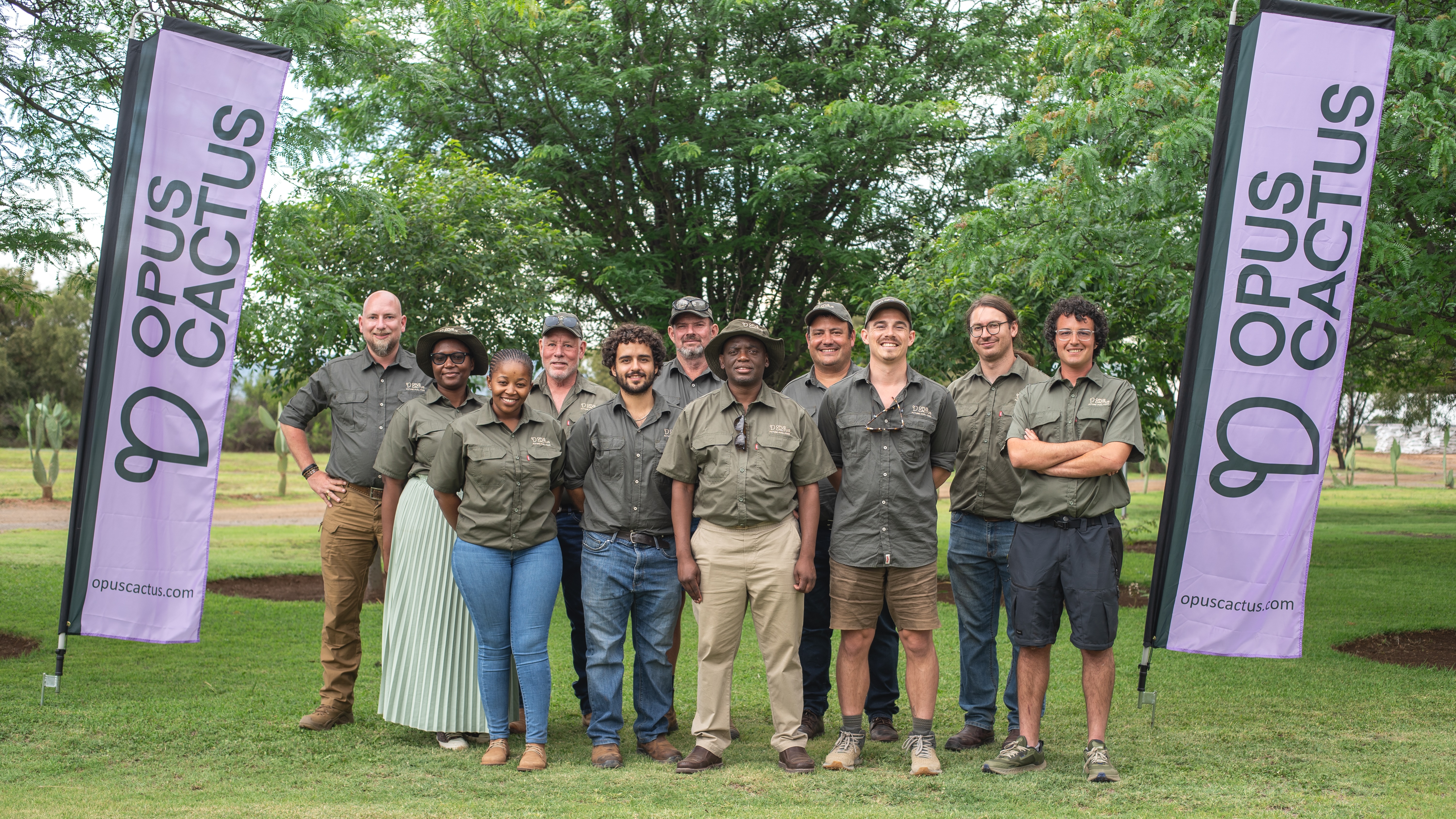Agriculture
Turning green into gold: Plants power the future─── ISABEL VAN TONDER 05:00 Wed, 12 Nov 2025

What if a single plant could tackle some of the world’s biggest problems?
That’s the idea behind Opus Cactus, a newly established research centre near Bloemfontein. The spineless variety of Opuntia ficus-indica – commonly known as prickly pear or cactus pear – is cultivated and studied here as a potential biofuel component.
This incredibly resilient plant thrives in semi-arid landscapes and marginal lands. It survives on as little as 300 mm of annual rainfall with no irrigation, making it both versatile and hardy.
It is now being researched for applications in biogas, electricity, biomethane, biodiesel, animal feed, human food, cosmetics, and bio-materials. Highly effective at absorbing CO², the cactus also shows promise for rehabilitating land polluted by mining.
At the Waterkloof research centre, located 30 km outside Bloemfontein, more than 200 hectares of opuntia cactus have been planted on a 1,000-hectare farm. This site forms the heart of Opus Cactus operations, where 40 varieties are cultivated and research is conducted in collaboration with the University of the Free State.
On just 1 ha of semi-arid land, a reliable yield of energy can be generated – enough to power 25 South African households for a year. A single mature leaf (cladode) of the Opuntia cactus can produce over 60 litres of biogas.
In simple terms, the plant is harvested and macerated into cactus pulp. A digester then processes the pulp and produces biogas consisting of approximately 55% methane and 45% biogenic CO².
This biogas can be further upgraded into biomethane, electricity, and green fuels such as methanol. The leftover digestate serves as a natural fertiliser and is reused on the farm.

The team of Opus Cactus. Photo: Opus Cactus
Cactus-based biogas is already being produced on the farm, and a recent biogas braai marked a key milestone in the project’s development.
“We are excited about the near future, as we plan to reach financial close on the first commercial-scale projects in South Africa by the first half of 2026. Alongside this, we also intend to expand with opuntia nurseries in Namibia, Oman, Italy and Greece,” said CEO of the Opus Cactus research centre Joeri van den Bovenkamp-Hofman.
For more details about this exciting research, visit their website.
• Deel jou landbounuus: agri@ofm.co.za.















